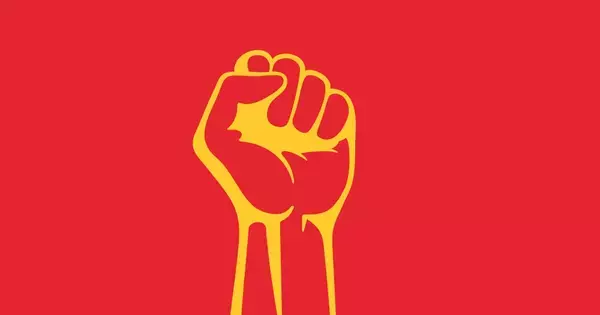To date this year, I have undertaken 2 monthly challenges. Both of them I completed with varying degrees of success. The journey was rather bumpy – my boot and resulting lack of mobility being a major factor.
I am adopting a new paradigm with regards to challenges. Previously, I would split my evaluations into two sections: What I learned and What I will continue to do going forward. I want to declutter my priorities and optimization in life and to accomplish this I need to let completed challenges stay in the past. What this means is that, while I will continue to assess how things went and what I learned, I will not make any hard plans about what I will do going forward with respect to the challenge. I am trying to develop more flow states, and this means easing up on the discipline I enforce in my life.
My insights from ‘Exploring Meditation’:
- Having a meditation go-bag is awesome – I bought a hiking backpack last year that I hardly ever use. It is perfect to store my collapsible and lightweight meditation bench, along with an ankle support, and some winter wear. Since I always had this packed up, all I had to do was grab it whenever I meditated somewhere other than home.
- I love writing meditations, even if they feel more social than meditative – The Buddhist writing meditations I attended started with a writing prompt that we would think and write about for the first 10-15 minutes. The rest of the hour involved individuals reading out their meditative essays with comments from fellow participants. I honestly wish more social events were structured in a similar fashion.
- Guided meditations are great if simple and tied to the breath – I utilized the Plum Village app, which I highly recommend. About 2/3 of the meditations were great, and these always involved simple intentions for the inhalation and exhalation followed by a couple minutes of silence between each. When this wasn’t the case, I felt like I was listening to a meditative podcast instead of actually meditating.
- Dedicating practices helps establish a weekly theme – I neglected this more often than I remembered it, but when I did, it was always special. I love the idea of an intention for the week, and starting each meditation with that thought in mind made it real.
My insights from ‘30,000 Russian Twists’:
- Doing small amounts regularly is key – Obviously, the plan was 20 sets of 50 per day. What was really important, however, was at least starting each set, even if I didn’t do 50 reps. Making up a couple hundred at the end of the day or week is easily doable – making up a couple thousand not so much.
- Even when pushing yourself, set less than the absolute maximum – I’m sure I could have completed 50,000 twists instead of 30,000. However, that would have left no wiggle room. I missed a decent number of sets over the course of the month, but was always able to make them up later that day or on the weekend without overwhelming myself.
- Creating temporary uniformity can help with change – After I started wearing an orthotic boot on my left leg, I struggled with finding an exercise routine that worked. I tried doing some of my regular exercises but just on the right side or favoring the left side. I experimented with new exercises. None of it felt right until I just decided to pick one exercise and stick with that for the month.
Both of the challenges I’ve done this year involved some failure. The last day of the meditation exploration, I was going through some pretty bad depression and neglected my practice – it always feels worse to end badly than to start badly. Concerning my Russian twists , I may have lost count about 3 weeks into the challenge, so am not entirely sure I got to 30,000; if not, it was very close.
Nevertheless, failures and setbacks along the way don’t diminish the experience or the insights. So far in my current challenge, everything has been hunky-dory. However, I fully expect problems to arise and look forward to dealing with them as gracefully and skillfully as I can. This is middle way.
Namaste.









